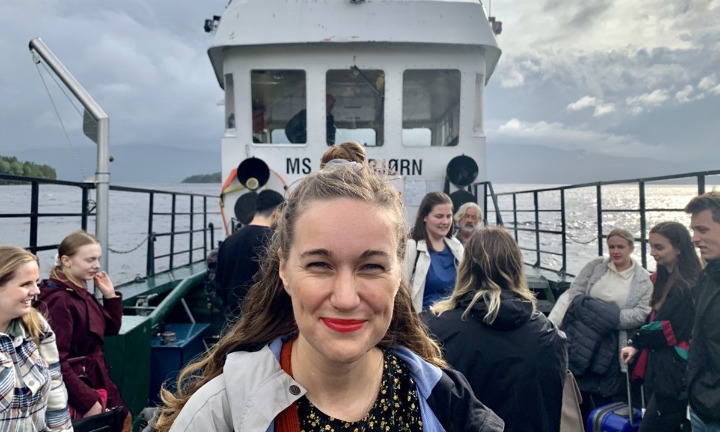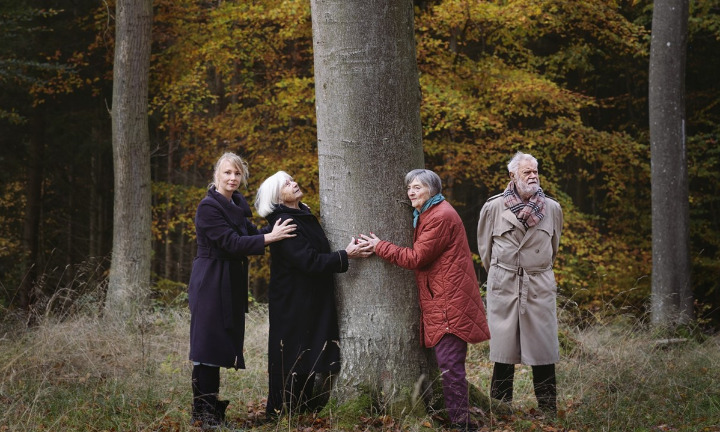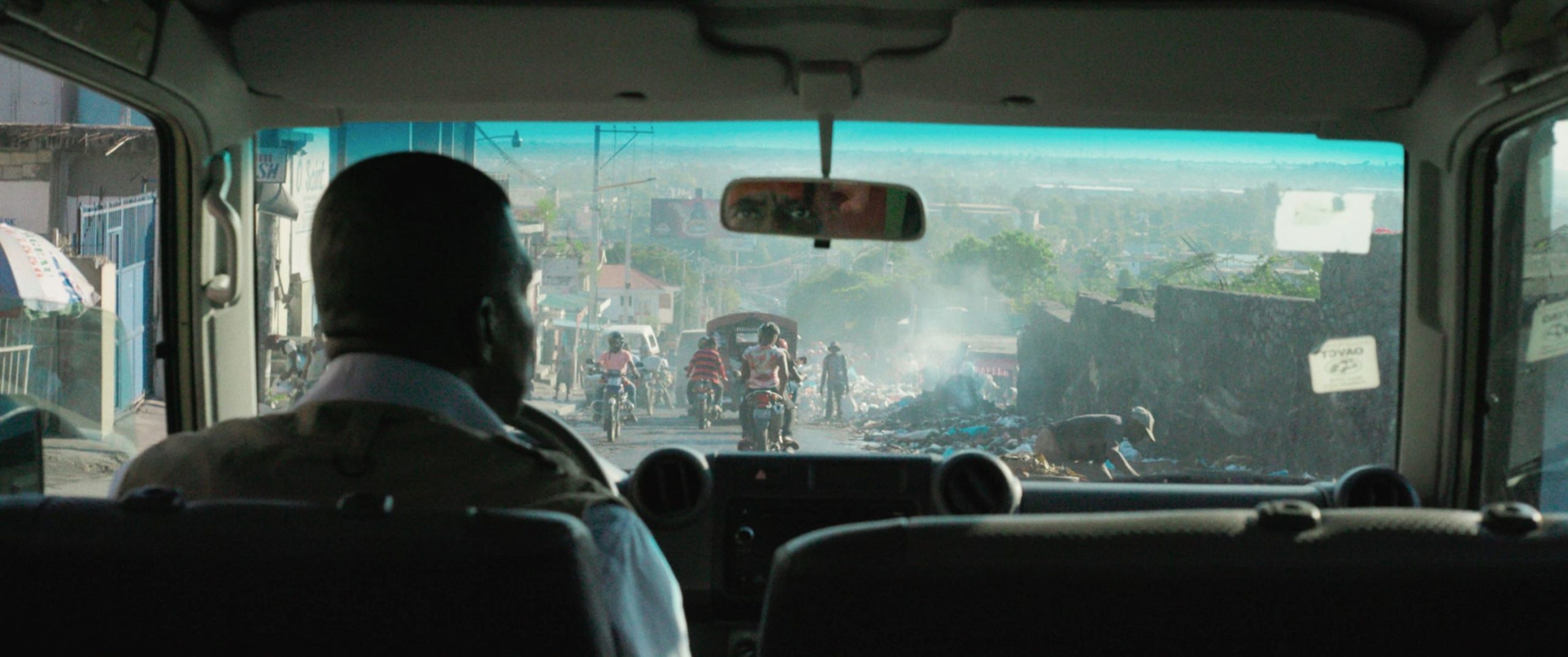Get hunted down by a terrorist because he doesn’t like your politics and you might think twice about pursuing your passion for social justice. But the four women at the centre of Generation Utøya not only survive the shocking 2011 mass murder–69 of their friends died–at their youth camp in Norway, they get right back onto the frontlines of the Norwegian left.
The directors don’t dwell on the killings. They focus on the idyllic setting of the camp, nestled on a gorgeous island where the Workers Youth League gathers, camps, has bonfires, falls in love and plans how they’ll change the world. The four women, now in their late 20s and early 30s, describe how they escaped. One tried swimming away, knowing the water was too cold, and was in long enough to avoid the gunman. Another hid in a closet, another in the bathroom.
Renata was shot three times but lived. She not only didn’t walk away from the League, known in Norway as AUF, she was elected leader. Before the shootings, Lina had plans to be a life dancer, but she’s lost her connection with her body. Ina, whose story is less developed, stays deeply involved in leftist politics, while Tamil-Norse Kamzy becomes Deputy Mayor of Oslo with plans to win a seat in Norway’s Parliament.
As they get on with their lives, the film becomes a lesson in resilience but also a political science class on the challenges leftist youth face getting their voices heard. AUF’s central issue, not surprisingly, is climate change and its main target is Norway’s oil industry. It’s something like taking on big oil in Alberta, except Norway is not working towards oil self-sufficiency—that country’s already there. And like Jason Kenney, the Labour Party, with which AUF is affiliated, has oil workers to think of. Renata’s complicated dealings with her party are on full display here.
Charismatic Kamzy brings joy to her politics and the people around her. Her speaking engagement with young boys at an under-serviced school is a textbook example of skilled communication as she turns them on to self-esteem.
But Lina is struggling. She is having difficulties with her training and is plainly still battling post-traumatic distress. But she’s open enough to let the cameras into a session with her psychologist where we learn that she’s tormented by guilt: as a volunteer she’d signed up many of the campers who did not elude the shooter. Yet she perseveres, determined to rediscover her body’s power.
All of them are still feeling the aftershocks. Ina jumps out of her seat every time someone comes quickly into the room, for example, and Renata bemoans the fact that, while other activists can just worry about the issues, she has to worry about who might violently attack her. And for all of them, the menacing online trolls who tell them they deserve to die, have a deeper impact than they do on other targets who haven’t been victimized by actual political violence.
Using interviews and unusual access to the inner workings of Norway’s Labour Party and Oslo’s city civic manoeuvrings, Generation Utøya is a fascinating political study. It may track the aftermath of a devastating event but it is uplifting at the same time. The film’s main subjects experience political loss but some victories. And there’s something transcendent about their positivity.
Renata even shows some compassion for the shooter. “He was living in our society,” she reminds us, just another reason why it’s a society she wants to change.











